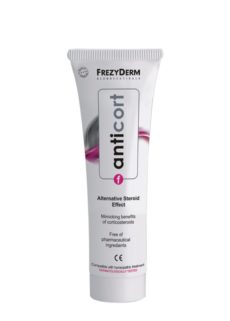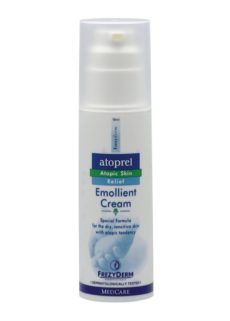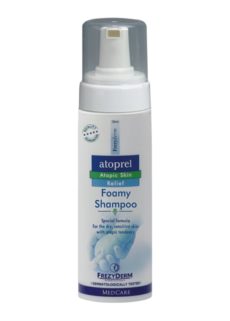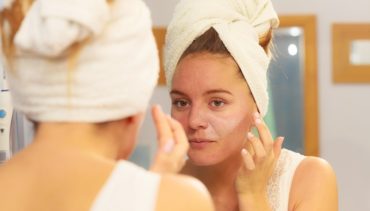
What Does “Dermatologically tested” mean?
Whether you’re an avid beauty and skincare fan or just a regular, everyday basic groomer, chances are that you’ve seen two words on most of your skincare products. Those words are “dermatologically tested”. But what does that actually mean for us and our skin?
If you’re not completely sure what it means, you’re not alone. Which? held a survey that found people thought the term mean different things. The survey of 1,000 people showed that a quarter of them thought “dermatologically tested” meant the product was kind to skin, 22% believed it wouldn’t cause allergies and 10% thought the product was less likely to cause skin allergies. With statistics like this, it’s clear that people generally don’t know what “dermatologically tested” really means. Let’s try and shed some light on this much-used term…
What does it mean?
Something that is labelled as “dermatologically tested” means that a dermatologist has looked into how the skin reacts to the product and its ingredients. This term isn’t particularly regulated in any way as there isn’t a standard test, so the method and depth of test can vary greatly.
What does it NOT mean?
Some people are suspicious of products labelled “dermatologically tested”. Why? Well, a quick search on the internet for “what does dermatologically tested mean” and you’ll see many websites looking at if there is a link between this term and animal testing. According to the European legislation of Cosmetics, products must be tested (as far as their safety and efficacy are concerned) on healthy human volunteers in certified clinical laboratories.
So, we, at FREZYDERM, do not perform safety and efficacy studies of our products on animals.
I have sensitive skin, should I only buy dermatologically tested products?
The short answer is yes and no. It’s always best to stick to products that have been tested for safety, whether you have sensitive or normal skin. To get the very best out of your skincare products, try using ones created specifically for your skin type.
Follow our blog for more information on skincare.











